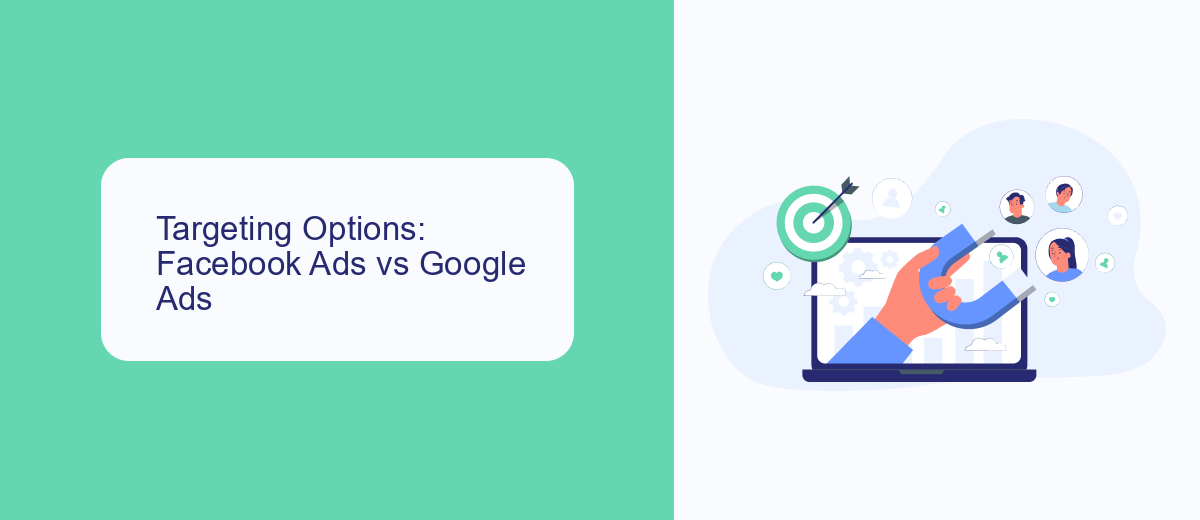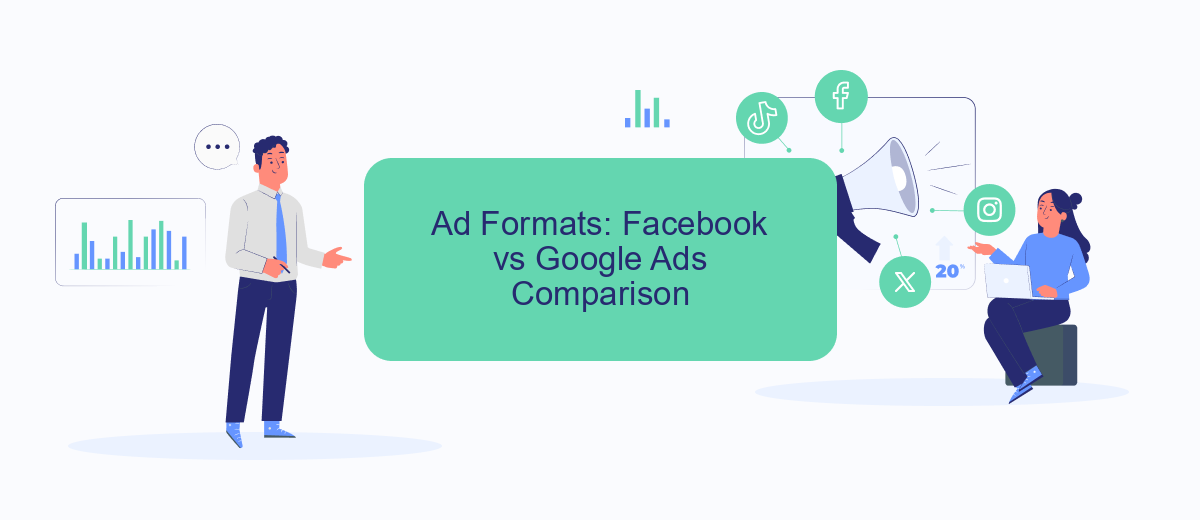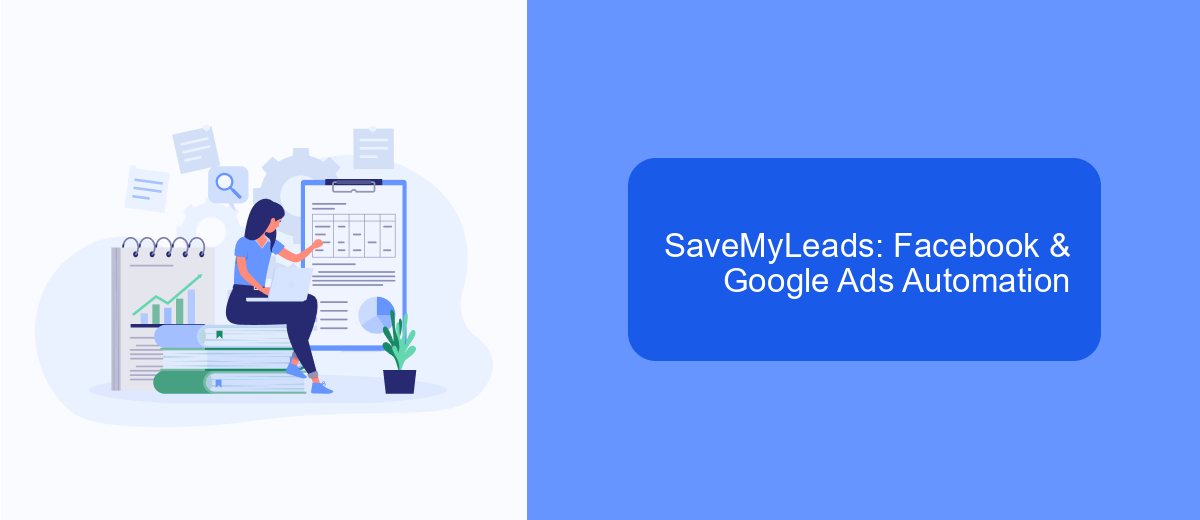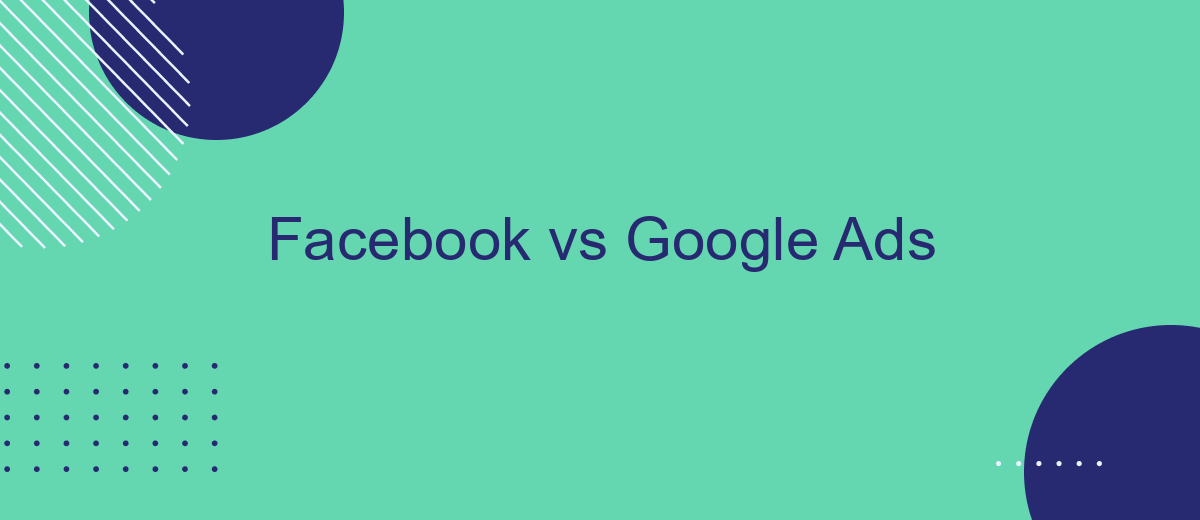In the ever-evolving landscape of digital marketing, businesses are constantly seeking the most effective platforms to reach their target audience. Facebook Ads and Google Ads have emerged as two of the most powerful tools in this arena. This article delves into a comparative analysis of these advertising giants, exploring their unique features, strengths, and potential drawbacks to help you make an informed decision.
Facebook Ads vs Google Ads: Core Differences
When comparing Facebook Ads and Google Ads, it's important to understand their fundamental differences. Facebook Ads are primarily focused on social media advertising, leveraging user data to target specific demographics and interests. This platform excels in brand awareness and engagement, allowing advertisers to create visually appealing ads that resonate with users on a personal level. On the other hand, Google Ads operates on a search engine advertising model, targeting users based on their search queries and intent. This makes Google Ads highly effective for direct response campaigns and capturing high-intent leads.
- Facebook Ads target users based on demographics and interests.
- Google Ads target users based on search intent and keywords.
- Facebook is ideal for brand awareness; Google excels in direct response.
- Facebook offers visually engaging ad formats; Google focuses on text-based ads.
Ultimately, the choice between Facebook Ads and Google Ads depends on your marketing goals and target audience. If you're looking to build brand awareness and engage with users on a social level, Facebook Ads may be the better option. However, if your goal is to capture leads with high purchase intent, Google Ads could provide the results you need. Both platforms offer unique advantages, and a well-rounded marketing strategy may involve utilizing both to maximize reach and effectiveness.
Targeting Options: Facebook Ads vs Google Ads

When it comes to targeting options, Facebook Ads offers a comprehensive suite that allows advertisers to reach audiences based on demographics, interests, and behaviors. This platform excels in detailed audience segmentation, enabling businesses to target users by age, location, gender, and even specific interests or life events. Facebook's robust data collection process ensures that advertisers can create highly customized and relevant ad experiences. Additionally, tools like SaveMyLeads can be integrated to streamline lead management by automating the transfer of new leads directly into CRM systems, enhancing the efficiency of marketing campaigns.
On the other hand, Google Ads primarily focuses on intent-based targeting through keyword searches. Advertisers can reach potential customers by targeting specific search queries, making it ideal for capturing users who are actively seeking information or solutions. Google Ads also offers demographic targeting, but its strength lies in contextual and remarketing options, allowing businesses to re-engage users who have previously interacted with their website. While both platforms have their unique advantages, the choice between Facebook and Google Ads often depends on the advertiser's goals and the nature of their target audience.
Ad Formats: Facebook vs Google Ads Comparison

When it comes to advertising formats, both Facebook and Google Ads offer unique opportunities to engage with audiences. Each platform provides a variety of ad formats tailored to different marketing objectives. Understanding these formats is crucial for businesses aiming to maximize their advertising impact.
- Facebook Ads: Offers formats like Image Ads, Video Ads, Carousel Ads, Slideshow Ads, and Collection Ads. These formats are designed to engage users through visually appealing content that can appear in their News Feed, Stories, or right-hand column.
- Google Ads: Primarily focuses on text-based Search Ads, Display Ads, Shopping Ads, and Video Ads on YouTube. These formats allow businesses to target users based on search intent and browsing behavior across the Google Display Network.
Choosing the right ad format depends on your campaign goals, target audience, and the type of product or service you offer. Facebook's strength lies in its ability to create highly engaging visual content, while Google Ads excels in targeting users based on search queries and online behavior. By leveraging the strengths of each platform, businesses can craft a comprehensive advertising strategy.
SaveMyLeads: Facebook & Google Ads Automation

In the competitive landscape of digital advertising, businesses are constantly seeking ways to optimize their campaigns on platforms like Facebook and Google Ads. SaveMyLeads offers a seamless solution for automating lead management, allowing businesses to focus on strategy rather than manual data handling. By integrating SaveMyLeads, companies can effortlessly capture, process, and utilize leads from their advertising efforts.
SaveMyLeads connects your advertising accounts with various CRM systems, email marketing services, and other applications to ensure that every lead is automatically transferred and organized. This automation not only saves time but also reduces the risk of human error, ensuring that no potential customer is overlooked. With SaveMyLeads, businesses can streamline their workflow and enhance their marketing efficiency.
- Automate lead collection from Facebook and Google Ads.
- Integrate with multiple CRM and marketing platforms.
- Reduce manual data entry and minimize errors.
- Enhance campaign efficiency and focus on strategic tasks.
By leveraging SaveMyLeads, businesses can significantly improve their advertising ROI. The automation of lead processing allows marketing teams to allocate more time to creative and strategic endeavors, ultimately driving greater success in their advertising campaigns. Embrace automation with SaveMyLeads to stay ahead in the digital advertising game.
- Automate the work with leads from the Facebook advertising account
- Empower with integrations and instant transfer of leads
- Don't spend money on developers or integrators
- Save time by automating routine tasks
Choosing Between Facebook Ads & Google Ads
When deciding between Facebook Ads and Google Ads, it's essential to consider your business goals and target audience. Facebook Ads are highly effective for businesses looking to build brand awareness and engage with a specific demographic, thanks to its detailed targeting options based on user interests, behaviors, and demographics. On the other hand, Google Ads are ideal for capturing high-intent customers actively searching for products or services, making them suitable for driving conversions and sales. Both platforms offer unique advantages, so aligning their features with your marketing objectives is crucial.
Additionally, integrating these advertising platforms with your existing systems can enhance efficiency and data management. Tools like SaveMyLeads can streamline this process by automating lead data transfer between Facebook Ads, Google Ads, and your CRM or email marketing software. This integration ensures that you can respond to leads promptly and maintain a cohesive marketing strategy across channels. Ultimately, the choice between Facebook Ads and Google Ads should be guided by your specific marketing needs and the resources available to optimize their use.
FAQ
What are the main differences between Facebook Ads and Google Ads?
Which platform is better for small businesses?
How can I track the performance of my ads on these platforms?
Can I use both Facebook Ads and Google Ads simultaneously?
How can I automate my ad campaigns on Facebook and Google?
SaveMyLeads is a simple and effective service that will help you automate routine tasks and optimize business processes. Stop wasting time uploading leads from Facebook manually – you can do it automatically, saving a lot of time and money. Eliminate routine from workflows and achieve more with minimal investment of money, effort and human resources.

